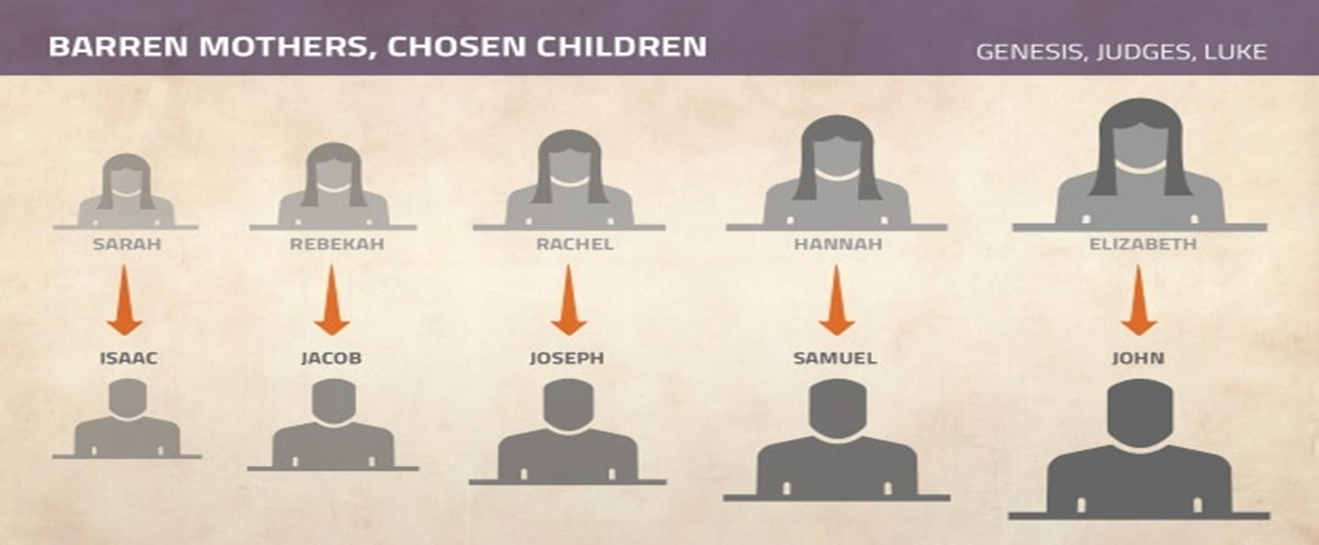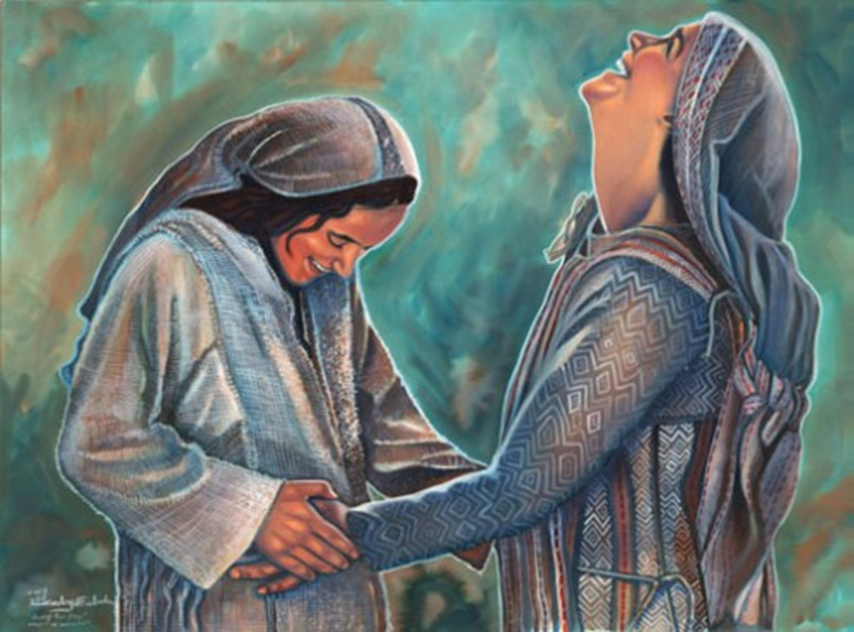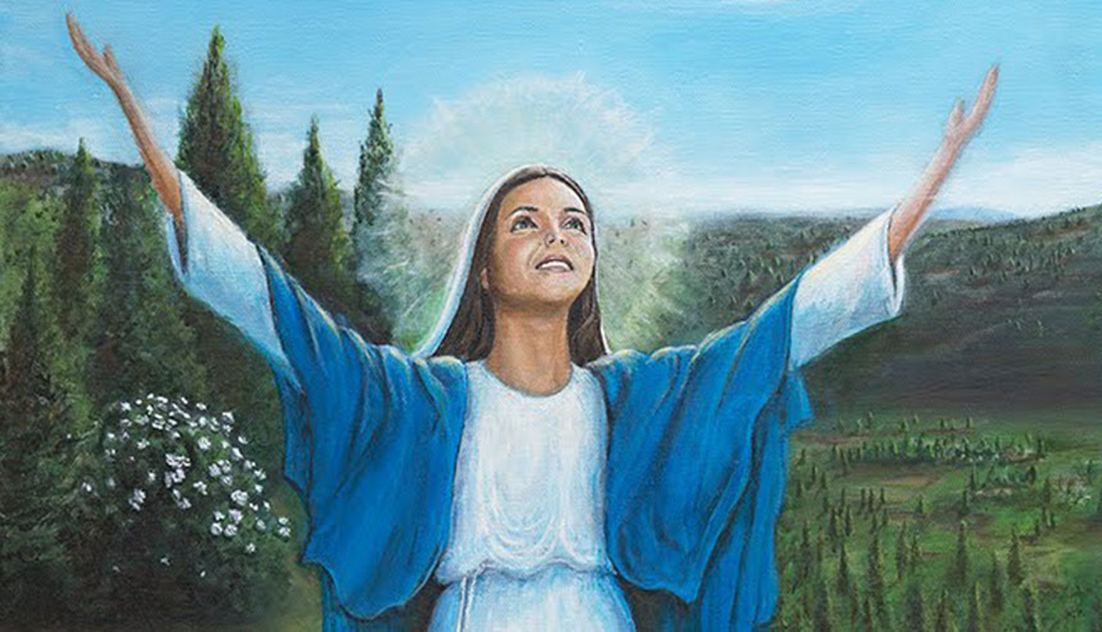God is greater than highs and lows
-Jeremiah 31:31-34, Luke 1:46-56 (Mary’s
Magnificat)-
12.8.24.
Mars Hill UMC
<歌舞音曲 (가무음곡)>
歌舞音曲 (가무음곡) means song, dance, and music are
connected as one. Have you ever been so moved by a song that you started
dancing without thinking? I heard square dancing was once popular, with people
gathering once a week at the rec center in this area. At Mars Hill UMC, there
were professional dancers, and people parked downtown to spend time together on
weekends. When was the last time you danced or sang happily?
In high
school, I was an emcee for a festival. My partner and I performed a tango
before going on stage. I practiced all summer, bending my back repeatedly. We
danced behind a curtain, with our shadows reflected on it, and tore it down as
we began hosting. That was my first and last tango.
Now, let me
ask: When was the last time you danced or sang to praise God? Just as Miriam
danced after crossing the Red Sea (Exodus 15:20-21), the Israelites danced
joyfully during feasts (Psalm 149:3, 150:4), and David danced with all his
heart, unaware his pants were falling, when was the last time you praised God
with such joy that you couldn’t help but dance?
Sometimes we
feel too tired or sad to sing or dance. Sometimes we spend our days just trying
to get through. Maybe the holiday season reminds you of loved ones who are
gone. As we age, some of us stop dancing or singing because our bodies ache.
When we’re in pain—physically, mentally, or spiritually—In the middle of trials,
without knowing the big picture, it’s hard to sing, dance, or praise God with
joy. it’s hard to dance.
<A Time
for Mourning>
- Barren
Mothers, Chosen Children
In the Bible,
many experienced deep sorrow. Sarah, Rebekah, and Rachel could not have
children for years. Why did God wait until Abraham and Sarah were so old to
give them a child? Why did Rebekah and Isaac, the promised son, wait so long?
Why did Jacob have to wait for Rachel’s children? Hannah, also barren, endured
Peninnah’s cruel teasing and prayed with such sorrow that people thought she
was drunk. Naomi, who lost her husband and two sons in Moab, returned home with
her daughter-in-law Ruth and asked to be called "Mara," meaning
"bitterness," instead of "Naomi," meaning "joy."
She felt broken, like other barren women. In Luke’s Gospel, Elizabeth, though
righteous with her husband Zechariah, also had no children for many years.
- Barren
Men for the people
It wasn’t
just women who waited in sorrow. Men like Abraham, Moses, Jeremiah, Daniel,
Ezekiel, Elijah, and Nehemiah carried the burdens of their people and prayed
for a new life, a new kingdom, and a new covenant.
The prophet
Jeremiah, known as the "weeping prophet," teaches us how to mourn for
others. He warned God’s people for 40 years about a disaster from the north. In
587 B.C., his warnings came true when Babylon destroyed Jerusalem. Jeremiah saw
this tragedy happen.
God told
Jeremiah not to marry or have children. In his time, there was no concept of a
single, childless man like we understand today. Jeremiah didn’t just deliver
the bad news of Israel’s tragedy; he lived it. His life reflected the
brokenness of the nation, full of potential yet left barren.
Even when
Jeremiah couldn’t sing or dance, God gave him the promise to hold onto: “The days
are coming,” declares the Lord, “when I will make a new covenant with the
people of Israel” (Jeremiah 31:31). This new covenant wouldn’t be like the old
ones with their ancestors. God promised to write it on their hearts, forgive
their sins, and remember their wrongs no more.
Many great
people in the Bible went through mourning and dark times when they couldn’t
sing or dance. They endured, like during the 400 years of silence between
Malachi and Matthew when God sent no prophet, king, or Messiah.
<A Time
for Dancing>
In the
silence, a poor and unknown girl named Mary waited and hoped for the Messiah.
God chose her to be His mother. When the angel Gabriel appeared, he said,
"Do not be afraid, woman favored by God. You will give birth to a son, the
Messiah." Mary asked, “How can this happen?” My children have been asking
how babies are born, so I’ve been explaining it with books and drawings. Maybe
Mary, like a curious child, asked the angel, “How can this happen?”
The angel
explained that the Holy Spirit would come upon her and God’s power would make
it happen. He also told her that her elderly relative Elizabeth was pregnant,
which must have felt like a miracle. Filled with faith, Mary responded, “Here
am I, the servant of the Lord,” trusting God’s word would come true.
Mary’s song,
the Magnificat in Latin, is a humble confession of faith, focused on God’s
greatness and His promise of salvation. She thanked Him for lifting the humble,
feeding the hungry, and showing mercy. “He has been mindful of the humble state
of His servant,” Mary said, declaring, “From now on, all generations will call
me blessed.” I believe Mary didn’t just sing quietly—she likely praised God
with music and dance, expressing the joy of her confession. I am sure that Mary
danced like Elizabeth. We are glad to have her who loves to dance for God. We’ll
see her dance Give Thanks again this Saturday.
Mary’s song
echoes the praises of Sarah, Rebekah, Rachel, Hannah, Naomi, and Elizabeth. It
also reminds us of David dancing with joy when the Ark of the Covenant returned
and Nehemiah celebrating after rebuilding the wall. Mary, rejoicing in God’s
faithfulness, sang and danced with joy. Those who once mourned now began
praising and dancing. God is the God of the brokenhearted.
<God is
greater than highs and lows>
Are we weary?
Are we broken? Do we truly understand the struggles of barren women and men for
God’s people? Their songs remind us of hope and give us peace. Mary’s Magnificat
proclaims God’s promise fulfilled through Jesus Christ as Jeremiah prophesied.
God, who
created the universe, came to Earth as a tiny baby. When Jesus was conceived,
He was as small as a dot from a pen, yet Mary knew He would become the Savior.
She sang a hymn of faith, believing God’s promise when Jesus was the size of a
dot. That tiny child grew in her womb, where her presence felt as vast as the
universe to Him as a human. He was born as Jesus, and we celebrate His birth on
Christmas. But Christmas isn’t just a memory. Jesus lives in us now through the
Holy Spirit. He may start small, like a tiny holy seed, but He grows within us,
becoming the Mighty God who can do incredible things as He created the universe.
The phrase
"God is greater than the highs and lows" reminds us that God is
constant and sovereign no matter what happens in life. It means that during
moments of great joy (highs) or deep sorrow and difficulty (lows), God’s love,
strength, and wisdom remain steadfast.
Each day, I
pray for God to reveal the people we are called to serve, just as Jesus came
for the poor and the forgotten. I ask Him to guide my family and our church to
recognize those in need. Though we may sometimes feel like barren women longing
for hope, or like Jeremiah, weeping for his people, we trust in God, who is
greater than our highs and lows. He will lead us to sing and dance for His
glory. Amen.












Comments
Post a Comment